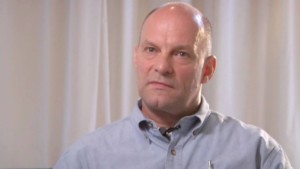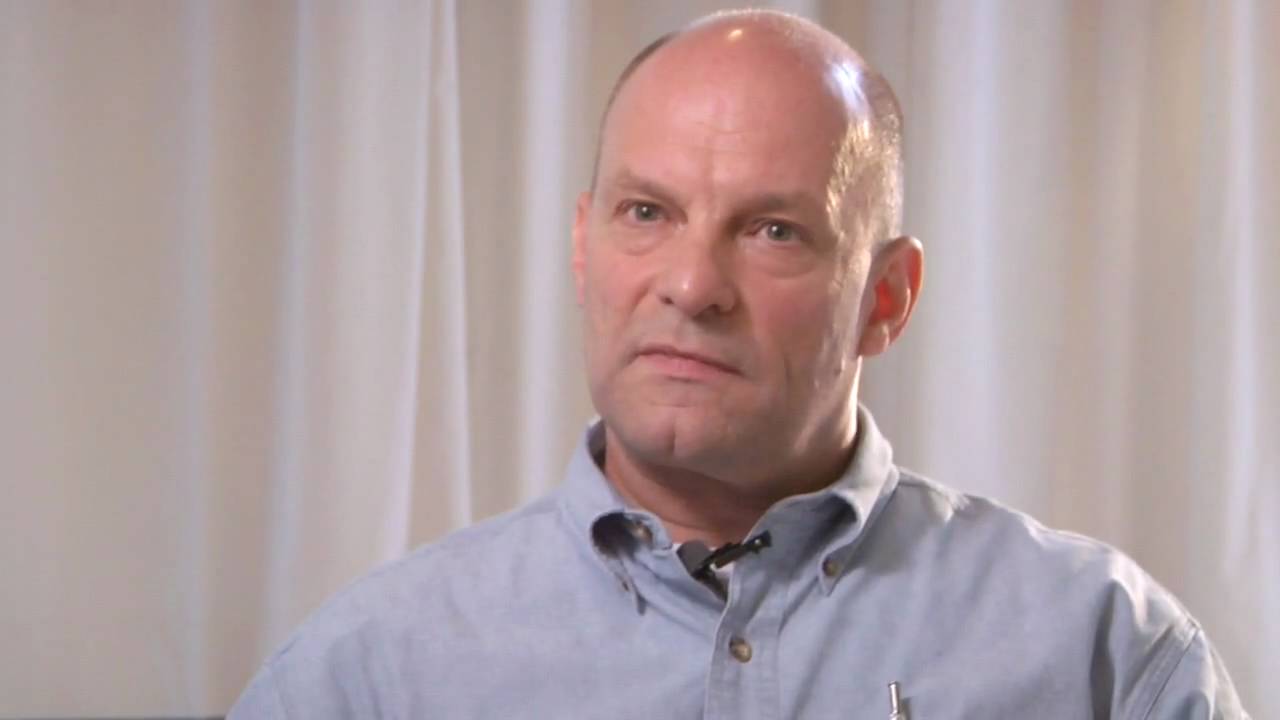
Greg Goode
The Direct Path is in contrast to a progressive path that says you need to get nearer and nearer and nearer the goal. The Direct Path starts you out at the finish. You already stand as truth, love, knowledge, awareness (the same thing by different names). If you have doubts or questions, you can resolve them by directly investigating your experience. When you do, you find that your stand as awareness is confirmed at every moment.
One thing that distinguishes the Direct Path from some other approaches is about teaching. Since the Direct Path knows that ultimately there is no teacher or teaching, it is able to use teaching. It has a proven way of looking into the reality of the world, body and mind, and showing how they have never been anything other than awareness.
- Is that an intellectual process?
- No, it is global. There’s no type of experience that is pivotal, and none that’s left out of the picture. Although there is analysis, there’s also investigation of sensing, of the body, of the feelings, intuitions, movement and rest, and other facets of experience.
In fact, in the Direct Path the very distinction between types of experience drops away. What once seemed to be intellectual versus emotional or physical comes to be seen as undifferentiated, pure, clear and whole.
- So how do you get this across. Do you do satsangs?
- Not really. I do most of my teaching individually, dialogically. In groups, I favor the seminar method. I am not a fan of the satsang model. It creates a sharp distinction between “haves” and “have nots”. Not everyone does it like this, but the satsang model as I am referring to is done without the benefit of texts, practices or ways that allow understanding to blossom. It is basically a person sitting up in front of the room who has been advertised as a unique vessel of truth. They talk about their experience. So the focal point is the person of the teacher. Without the other tools that promote understanding that experience is universal, people grab onto whatever is available. What happens is that the teacher becomes the teaching, as people focus on the specific physical, personality and energetic characteristics of the person. Even in between the words, the emphasis is on that person. The model gives the attendees no way to come to understand the universality of experience as their own birthright.
Experience is discussed as though it were a bodily fluid, individuated and internal to a person. So in the satsang model it becomes inevitable that people can only compare their experience with what they perceive to be the teacher’s experience, and come up wanting. This comparison sets up a vibe of envy and anguish in the room.
This comparison sets up an ironic pattern. For a person to verify a successful comparison means for them to be like the teacher. And what’s the ultimate way to verify this? By “themselves” being up in front of the room, with people listening to “them”. It becomes a self-perpetuating resonance machine. Because of these dynamics, I’ve had people come to me who actually felt more separate, alienated and alone because of satsang than before they began attending.
- Is it important to study ancient texts to understanding oneself?
- I don’t think they have to be ancient but they have to be deep and far-reaching enough to handle all the issues.
Courtesy advaita.org.uk. Greg Goode is a long-time writer in the traditions of Western and Eastern philosophy







